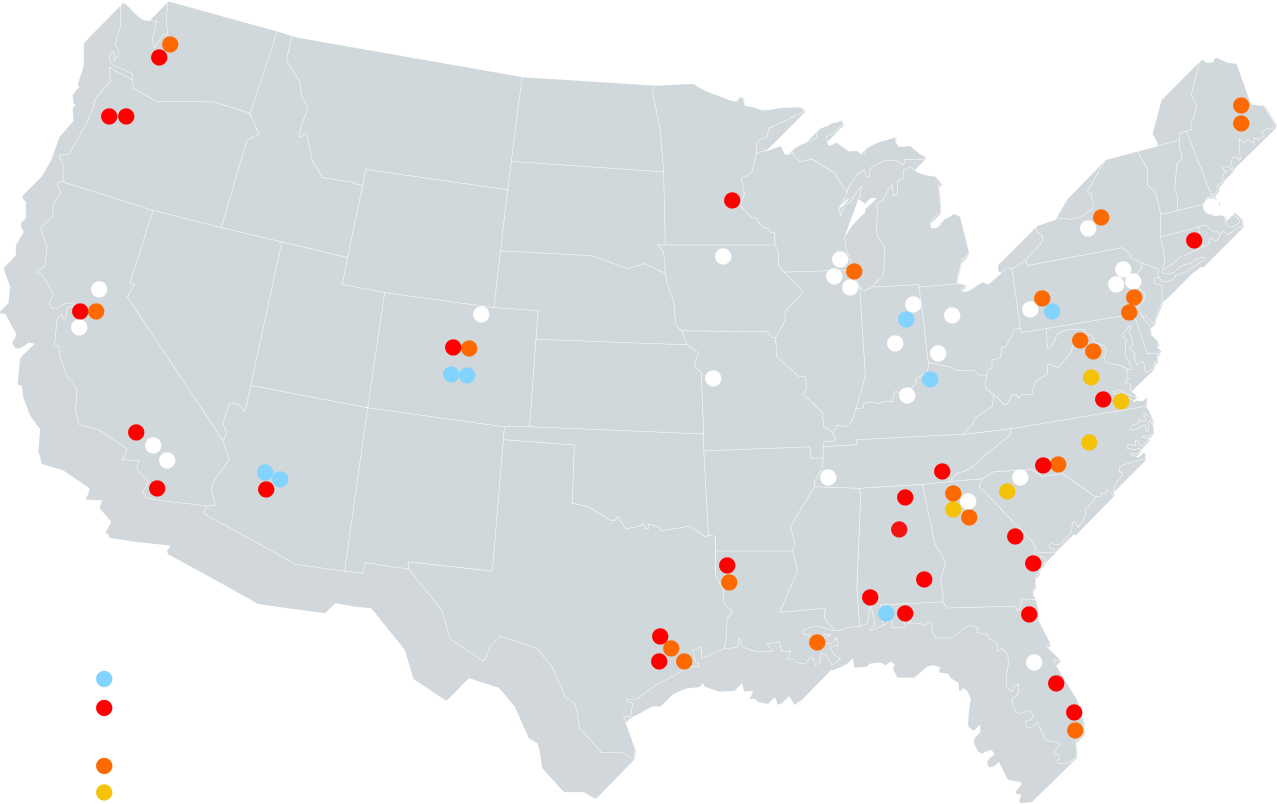Fire & Forensic Investigative Updates
Expectations. We all have them. You should also have expectations of the fire investigator you hire with components or evidence which requires additional testing or analysis to arrive at a conclusion.
Forensic Labs
Our Chemistry Labs are equipped to assist the Forensic Investigators in Chemical Analysis of metals, plastics, liquids, gases and fire debris. There are two certifying organizations for a Fire & Explosion Investigator. They are the International Association of Arson Investigators (IAAI) and the National Association of Fire Investigators (NAFI). While both are recognized throughout the fire investigation community, the requirements to attain each are quite different. You can familiarize yourself with the requirements of each at their respective websites.
Each certifying organization has a code of conduct that they expect their membership to abide by. Let’s look at each.
IAAI Code of Ethics
As fire, arson, and explosion investigators, we shall: Regard ourselves as members of a vital and ethical profession; Conduct both our personal and official lives so as to inspire the confidence of the public; Regard it as our duty to avail ourselves of every opportunity to learn more about our profession; Encourage and support professional standards in fire, arson, and explosion investigators; Avoid alliances with those whose practices are inconsistent with an honest and unbiased investigation; and Bear in mind that we are first and foremost truth-seekers, not case makers; it is our duty to protect the innocent and hold accountable those responsible for loss by fire or explosion.
NAFI Code of Ethics
As a Fire Investigator, I will at all times conduct myself accordingly to this Code of Ethics; I will deal justly and impartially with all individuals, regardless of their physical, mental, emotional, political, economic, social, racial, or religious characteristics; I do, as a Fire Investigator, regard myself as a member of an important and honorable profession, and will strive to serve fairly in all other respects not specifically covered by this Code; I will conduct myself in such a manner as to inspire others within the profession and to retain the confidence of the general public; I will continue to work for the goals of NAFI in fostering better understanding and a closer spirit of cooperation between the various public and private law enforcement agencies and the general public throughout the United States of America; I will not use any information that might come to me during the conduct of a fire investigation for personal advantage or profit or in any way reveal confidential information in violation of the trust imposed on me; I will strive toward continuing education in my work. I will avail myself of every opportunity to improve my techniques and enlarge my experience in the field of Fire Investigation; I will not work with or provide information to persons whose goals are inconsistent with the Fire Investigator’s Creed, which requires an honest and unbiased investigation; I will make no claims to professional qualifications which I do not possess; I will at all times strive to be a fact finder, seeking for the truth and attempting to determine the true and accurate cause of all fires and explosions or other occurrences which I investigate.
As a Fire and Explosion Investigator I am expected to conduct myself in a way that holds my work and my profession in high regard. This should be your expectation for your fire investigator as well.
All fire investigators both public and private shall meet the requirements of NFPA 1033, Standard for Professional Qualifications for Fire Investigators.
NFPA 1033 Section 1.3.7
The investigator shall have and maintain at a minimum an up-to-date basic knowledge of the following topics beyond the high school level: (1) Fire Science (2) Fire Chemistry (3) Thermodynamics (4) Thermometry (5) Fire dynamics (6) Explosion dynamics (7) Computer fire modeling (8) Fire investigation (9) Fire analysis (10) Fire investigation methodology (11) Fire investigation technology (12) Hazardous materials (13) Failure analysis and analytical tools (14) Fire protection systems (15) Evidence documentation, collection, and preservation and (16) Electricity and electrical systems.
Section 1.3.8
The fire investigator shall remain current in the topics listed by attending formal education courses, workshops, and seminars and/or through professional publications and journals.
The fire investigator shall remain current in the topics listed by attending formal education courses, workshops, and seminars and/or through professional publications and journals.
This is the minimum you should expect from your fire investigator. Request their CV to ensure they are up-to-date in these 16 areas.
NFPA 921
Additionally, you should expect your fire investigator to conduct their investigations using the Scientific Method as outlined in NFPA 921, Guide for Fire and Explosion Investigations. NFPA 921 defines the Scientific Method as: The systematic pursuit of knowledge involving the recognition and definition of a problem; the collection of data through observation and experimentation; analysis of the data; the formulation, evaluation and testing of hypotheses; and where possible, the selection of a final hypothesis.
Contact Us
In summary, you should expect and require your fire investigator have a current IAAI or NAFI certification, meet the minimum standards of NFPA 1033, and most importantly conduct their investigation adhering to the Scientific Method. If not, you may risk additional time and money if your case becomes litigated.



